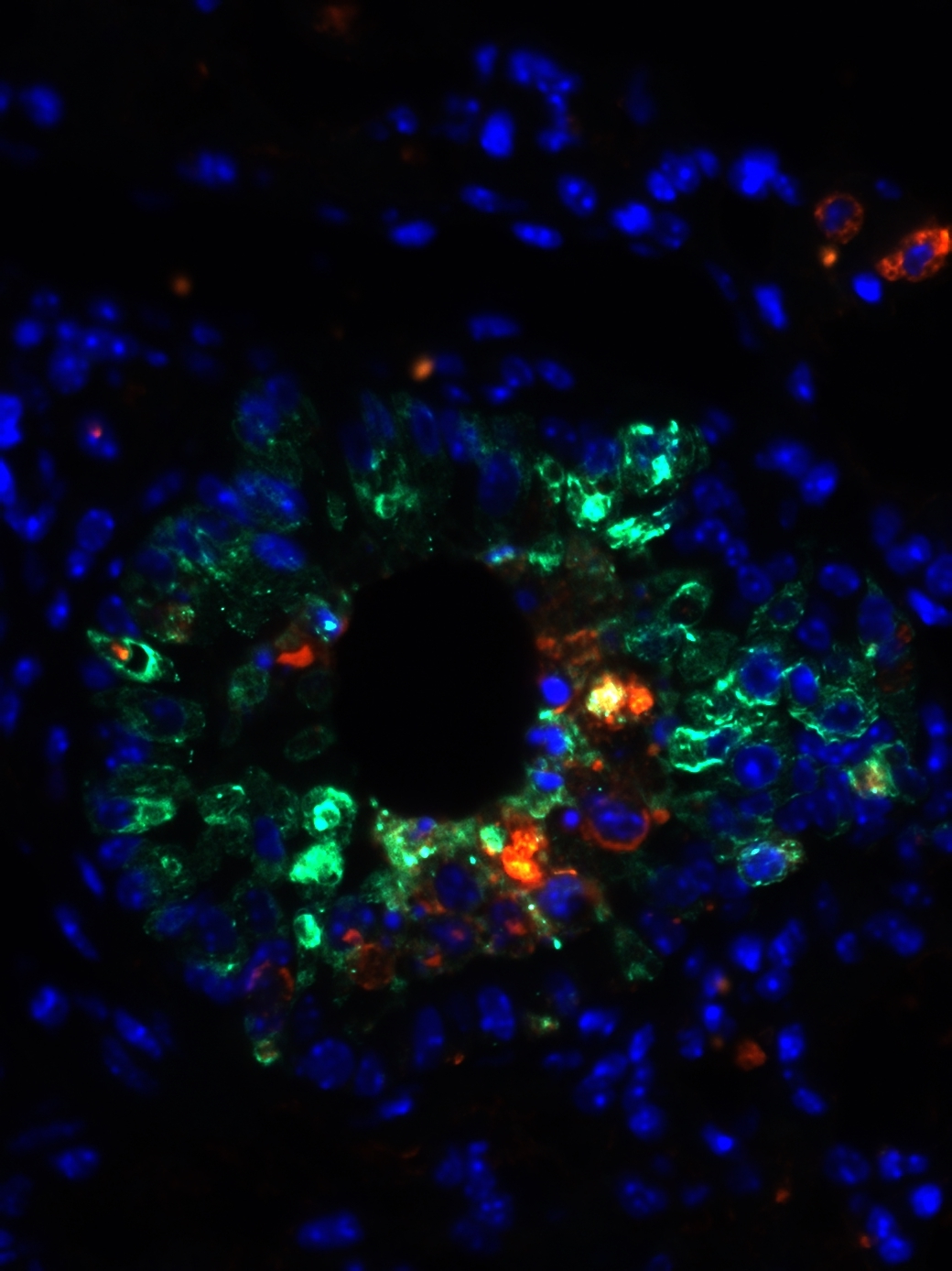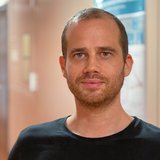by Philipp Starkl
Photos by: Sophie Zahalka (Portrait) / Alina Fokina (Lab)

The COVID-19 pandemic continues to affect the daily lives of people all over the world. In an unprecedented global joint effort of scientists, various effective drugs and vaccines have been rapidly developed that helped to get this new disease under control. Thankfully, most people nowadays infected with SARS-CoV-2, the virus causing COVID-19, develop only mild symptoms and recover quickly. However, many former patients report persistent impairment of their physical and cognitive performance, a phenomenon today commonly known as Long COVID. In addition, we know that prior infections can profoundly shape the immune system on a long term. While such immunological imprinting can have positive effects since it allows us to respond more efficiently to the next encounter with the same culprit, it can also have unpredictable consequences when we are exposed to different inflammatory triggers, for instance other viruses, bacteria, or allergens.
In this PhD project, we will use a unique, experimental model of COVID-19 to investigate the long-term consequences of SARS-CoV-2 infection on the immune system. On the one hand, we will apply innovative single cell technologies to investigate how lung cells are different after recovery from COVID-19. On the other hand, we will analyse what such differences can mean for the response of the immune system in other situations of lung inflammation.

"In this PhD project, we will use a unique, experimental model of COVID-19 to investigate the long-term consequences of SARS-CoV-2 infection on the immune system. "
As a prospective PhD student, you will be embedded in an international team of like- and open-minded colleagues with a great passion for science and immunology. The diverse aspects of the project will allow you to gain experience in a variety of exciting technologies and scientific topics of high clinical and societal importance. Since we emphasize collaboration in- and outside our lab, it will not take long to establish a diverse, rich, and supportive professional network. The newly established PhD program at our university will certainly make it easy to connect to your peers and find new friends.
We are excited to get to know you and start together on this exciting endeavour!